Canada, UK announce political boycott of China Winter Olympics, imitating US
Canada and Britain have announced a political boycott of the 2022 Winter Olympics in Beijing, following similar decisions by the United States and Australia over alleged human rights violations in China.
Canadian Prime Minister Justin Trudeau made the announcement at a press conference in Ottawa on Wednesday, saying the country’s decision not to send an official delegation to the Games should not “come as a surprise to China” given long-standing Western concerns over alleged Chinese rights abuses.
“We have been very clear over the past many years of our deep concerns around human rights violations and this is a continuation of us expressing our deep concerns for human rights violations,” he said.
However, he stressed that Canadian athletes would still be participating in the premier global sporting event.
Following the announcement, a spokesperson for the Chinese Embassy in Canada accused Trudeau of making false claims.
“Based on ideological biases as well as lies and rumors, Canada and a handful of western countries have been flagrantly engaged in political maneuvering, with the attempt to disrupt the smooth progress of Beijing Olympic and Paralympic Winter Games. Their clumsy performance can hardly find any support and is doomed to fail,” the spokesperson said in a written statement.
Earlier in the day, British Prime Minister Boris Johnson also announced a diplomatic boycott of the upcoming sporting event in China, citing human rights concerns.
“There will be effectively a diplomatic boycott of the Winter Olympics in Beijing, no ministers are expected to attend and no officials,” Johnson said at the parliament.
“I do not think that sporting boycotts are sensible and that remains the policy of the government,” he added, indicating British athletes will still compete.
China said it had not invited British officials.
“The Beijing Winter Olympics is a gathering of Olympic athletes and winter sports lovers across the world, not a tool of political manipulation for any country,” a spokesman for the Chinese Embassy in London said.
“Making an issue out of the presence of government officials at the Beijing Winter Olympics is in essence a political smearing campaign,” the spokesman added.
The latest announcements come after similar ones by the US and Australia earlier this week over alleged Chinese “atrocities” against minority Muslims in Xinjiang Province. China has denied any wrongdoing in Xinjiang, saying the allegations are fabricated.
China has threatened retaliation against the US decision, warning the move could imperil bilateral relations.
On Thursday, foreign ministry spokesman Wang Wenbin warned that the US and its allies would “pay the price” for their diplomatic boycott of the Winter Olympics in Beijing.
"The US, Australia, Britain and Canada's use of the Olympic platform for political manipulation is unpopular and self-isolating, and they will inevitably pay the price for their wrongdoing," he said.
Olympic Games to end if politics get involved: IOC president
Meanwhile, International Olympic Committee (IOC) President Thomas Bach has warned that the Olympics Games will end if the committee abolishes its political neutrality.
“By not commenting on political issues, you’re not taking sides,” Bach said, commenting on the recent boycotts at a video news conference. “Otherwise we could not manage to accomplish our mission: to unite the world; we would never get all 206 national Olympic committees to Olympic Games. This would be the politicization of the Olympic Games.”
“It could even be the end of the Olympic Games, as it was the end of the ancient Olympic Games, when politics got involved after 1,000 years, when the Roman emperor intervened. It was the end of the Games. The Ancient Greeks already knew that the Games need this political neutrality to exist, and this has not change, it has even become more important,” he said.
Bach said the IOC had always been concerned with the participation of the athletes in the Olympic Games, adding that the committee was pleased that athletes would still be able to take part despite the political boycotts.
“We welcome the support for their Olympic teams all these governments have been emphasizing,” he said. “This is giving the athletes certainty and this is what the IOC is about.”
The Beijing 2022 Winter Olympics are scheduled to take place from February 4 to 20, 2022, followed by the Paralympics from March 4 to 13.
Some other countries, including Japan, are also weighing their options over participation in the global sports event.
On Tuesday, New Zealand’s deputy prime minister, Grant Robertson, confirmed the country would not send diplomatic representatives at a ministerial level. But Robertson cited COVID-19 as the main reason. Last week, Lithuania, which is engaged in trade and diplomatic conflicts with China over its growing relationship with self-governed Chinese Taipei, announced that neither its president nor ministers would attend the Games.
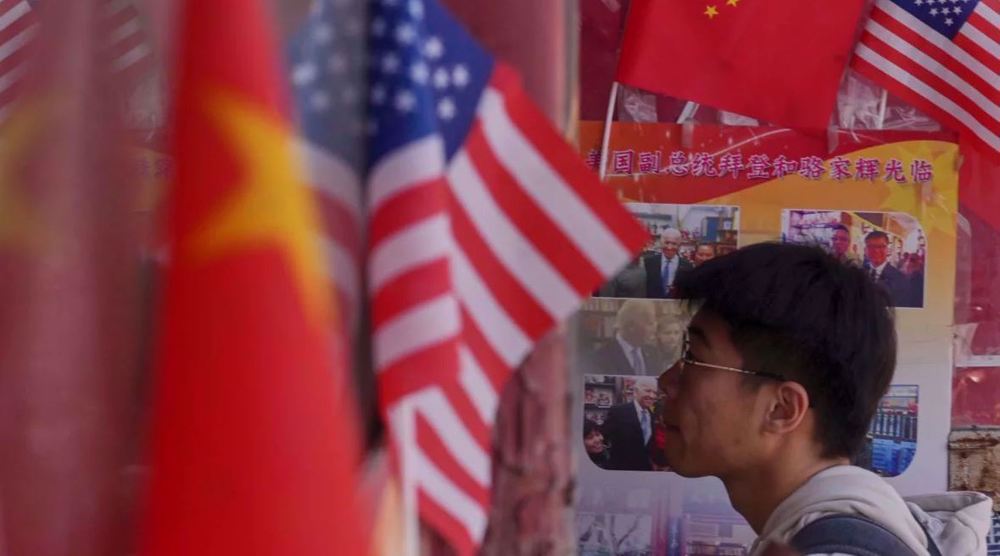
Trump’s tariffs spark fears of price hikes, product shortages in US: Report
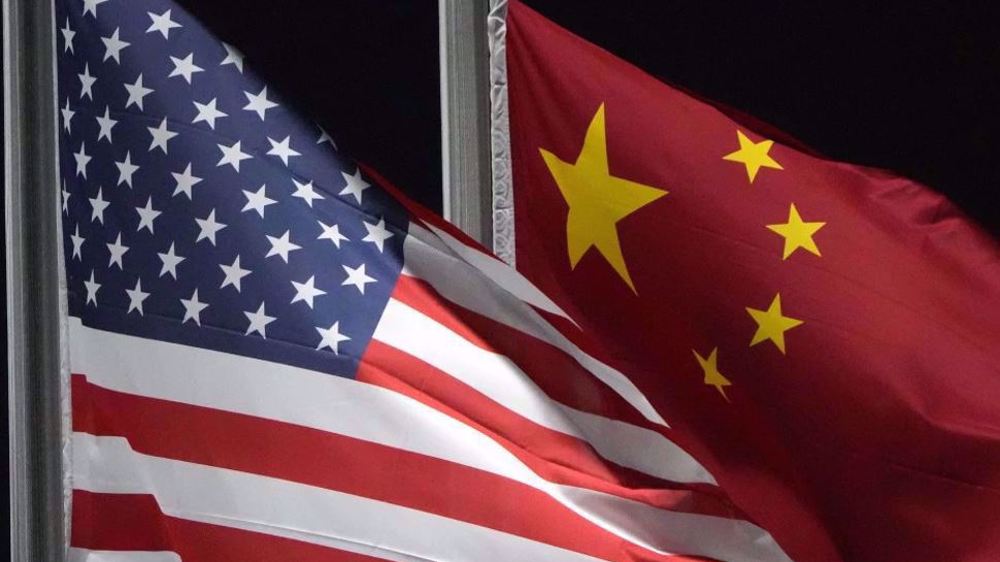
No talks on tariffs between China, US: Chinese Foreign Ministry

China deploys naval group in warning to US, Philippines over drills
Euro-Med: At least 94% of those killed in Gaza are civilians
VIDEO | Expo 2025 in Tehran showcases Iran trade, investment opportunities
VIDEO | Fresh US airstrikes target more Yemeni civilians
UN: US strikes in Yemen pose growing risk to civilians
VIDEO | Iran economic diplomacy
Iran mulls buying oil from Azerbaijan amid warming ties: Report
Israeli settlers storm al-Aqsa Mosque amid intensified West Bank raids
Canadians take to the polls as Trump renews US takeover push


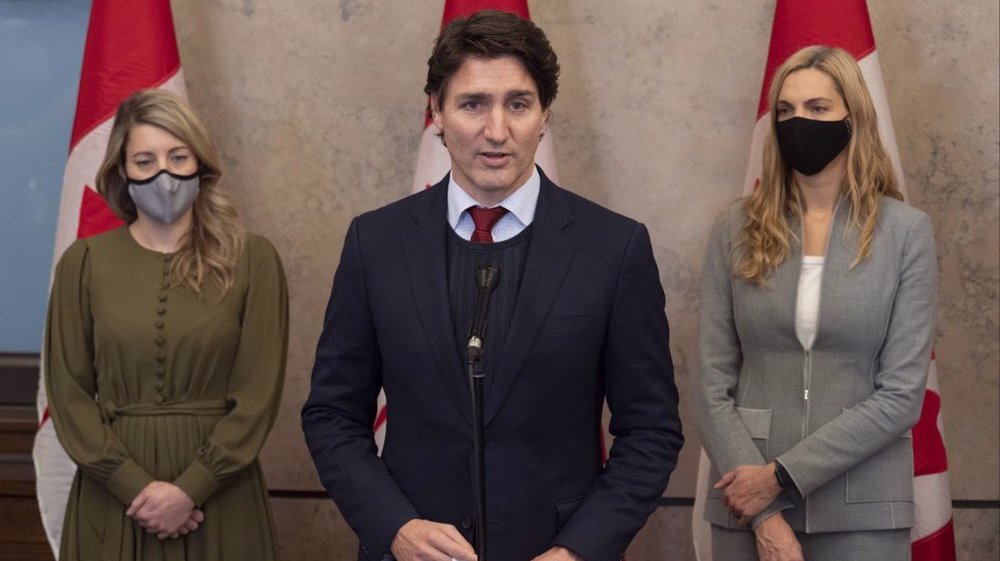
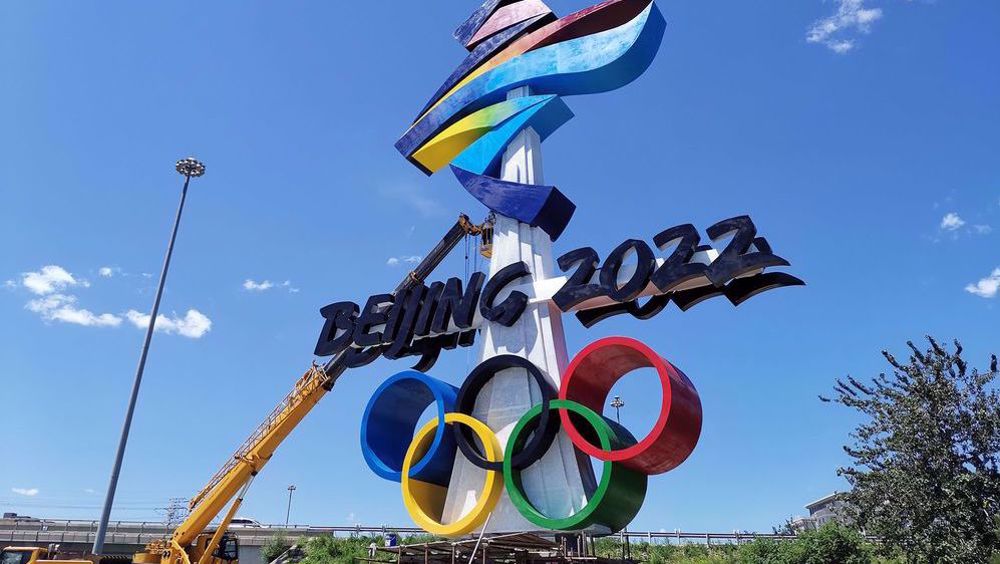
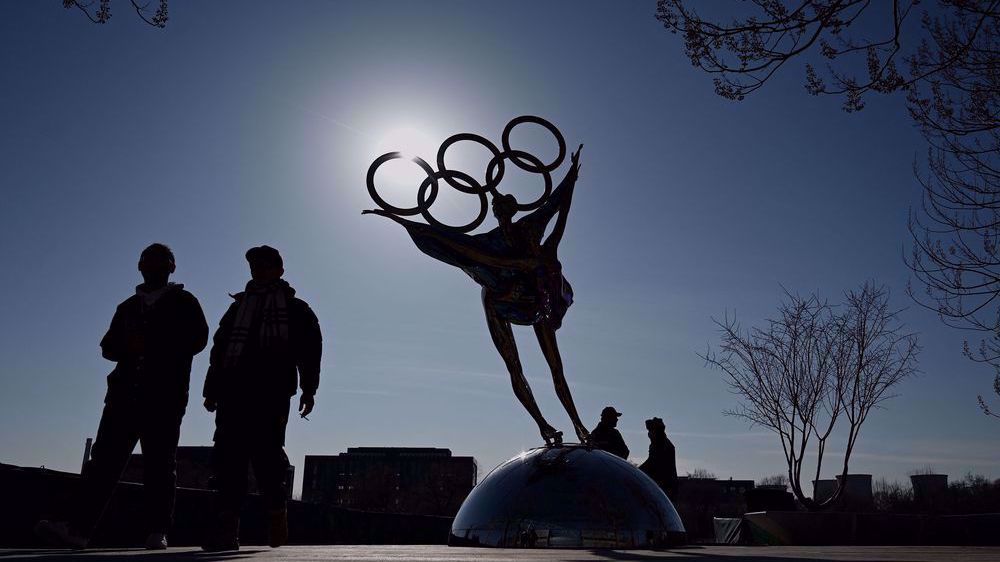




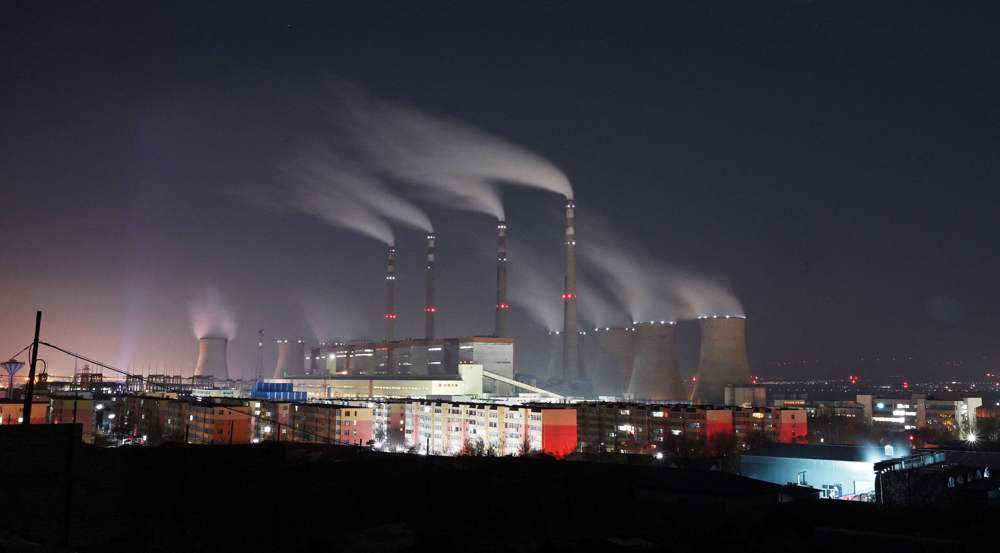

 This makes it easy to access the Press TV website
This makes it easy to access the Press TV website